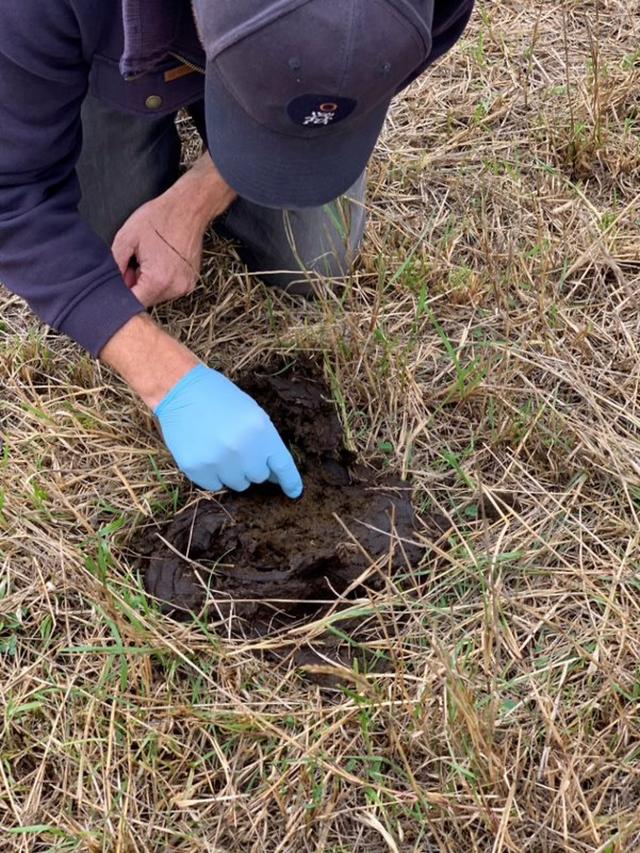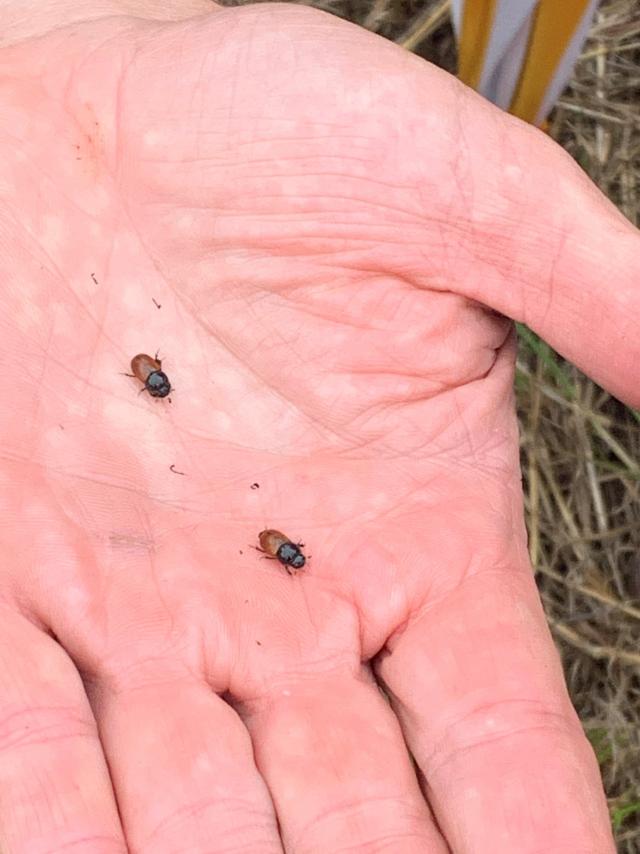The dung beetle might be famous for rolling poo into a ball with its powerful legs, but did you know they play a significant role in agriculture and our ecosystem and are in high demand for farmers?
This National Science Week, running August 13 to 21, Melbourne Water is excited to share its project to breed more of the creatures.
Melbourne Water Regional Agriculture Facilitator and dung beetle expert, Karen Thomas, has set up a Dung Beetle nursery network, with one of them located in Macedon.
“There are 16 nurseries – or maternity wards – set up on Landcare and farming properties… The purpose is to see how the dung beetles thrive in different environments and to boost numbers where breeding is highly successful,” Ms Thomas said.
The project is now getting to the most existing stage, with success to be monitored from spring into 2023.
“Through the power of citizen science, volunteers will use the BioCollect app to report back with photos and observations from the nurseries,” Ms Thomas said.
“Together we will generate knowledge that will help farmers understand which species is most suited to their location.”
The beetles bury the dung of livestock, which prevents it from lying around in paddocks and reduces the number of parasite eggs and pasture fouling. The buried dung becomes a natural fertiliser too, supporting pasture growth and soil health, also stopping nutrients from the dung polluting waterways.
The initiative is set to support Melbourne Water in understanding the species while farmlands benefit from the vital service they provide.
Ms Thomas said the project had put about 100 beetles into most of the nurseries and hoped for a four-fold increase.
“The beetles will be shared with local landholders and to set up future breeding colonies. It is a win-win for everyone,” she said.
Elsie Lange








